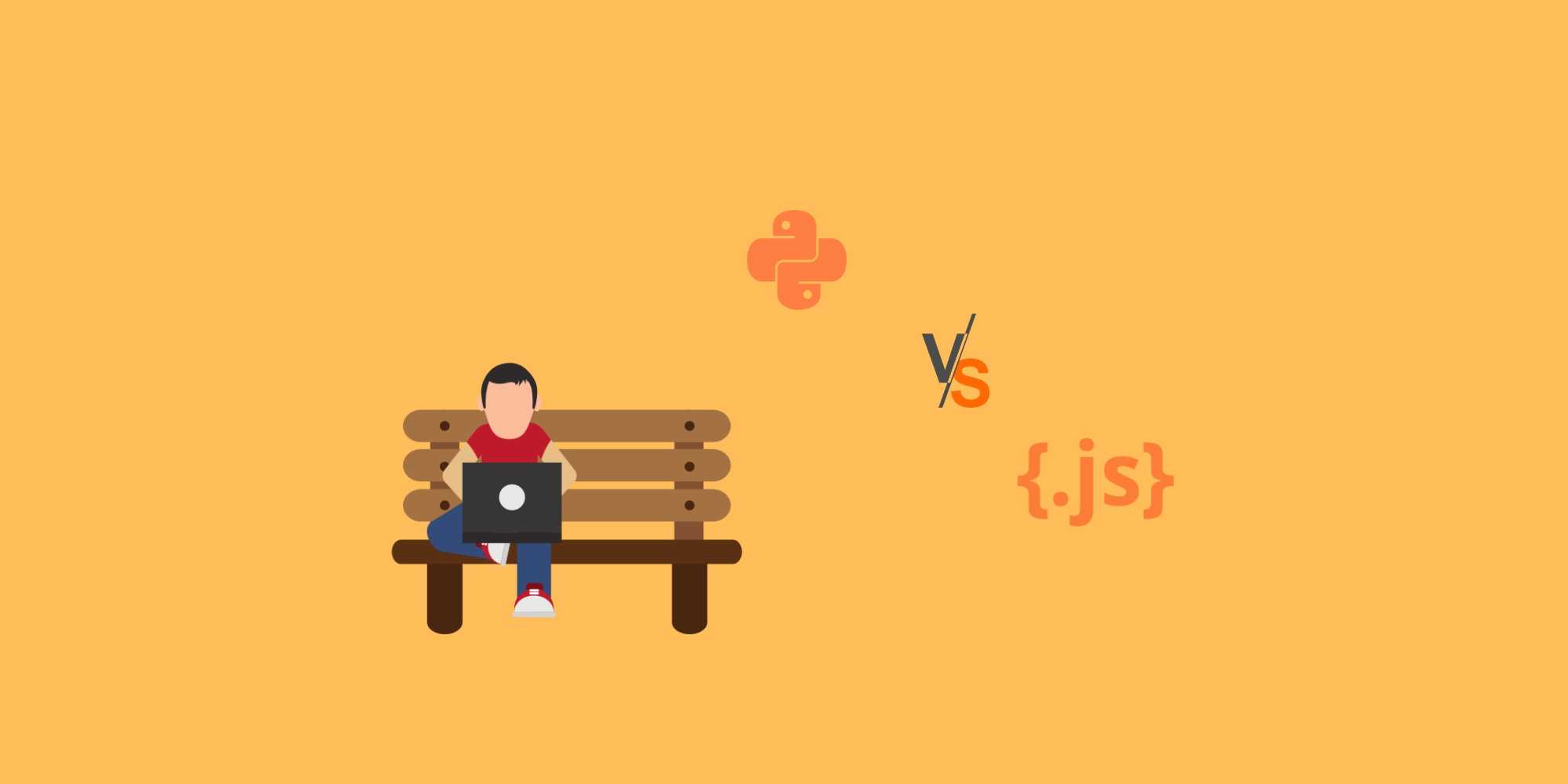Share this course’s details with your family and friends.
Python Training in Bangalore
myTectra offers top-quality Python training in Bangalore with expert trainers, affordable pricing, industry-recognized certification, and 24/7 support.
Enroll in Python online training and start your journey to becoming a Python expert today!

20% Limited Time Offer
Learn Virtually Anywhere. Award-Winning Training Company.
High-Quality Training Awaits You
Join over 100000+ learners who have taken up training with myTectra. Get High-Quality Training, Certification, Best Price and 24/7 Customer Care.
Key Program Highlights:
- Delivering top-notch education to equip you with essential skills.
- Learn from industry experts with real-world experience.
- A thorough curriculum covering all necessary topics.
- Dedicated support to help you secure job placements.
- High ratings reflecting our commitment to quality.
- Hands-on experience through real-world projects.
- Personalized, engaging learning for better outcomes.










About Program
Take your skills to the next level with comprehensive training in one of the most popular programming languages, Python. As the adoption of open-source technologies continues to rise, the demand for Python coding expertise is growing exponentially. myTectra's Python course is designed to cater to both beginners and advanced learners, empowering them to excel in this versatile language.
Our course, delivered by experienced technical experts, equips you with the knowledge and practical skills to harness Python's power. Whether you're starting your Python journey or aiming to master advanced functionalities, this training will prepare you to meet the industry's evolving demands.
Key Highlights
- Industry-Relevant Training: Learn Python with a curriculum tailored to current market needs.
- Expert Guidance: Gain insights from certified and experienced instructors.
- Comprehensive Learning: Cover everything from Python basics to advanced features, such as object-oriented programming, web development, data analysis, and automation.
- Hands-On Approach: Apply concepts through real-world projects, case studies, and coding challenges.
- Certification: Receive a certificate upon completion, validating your expertise.
Why Python?
- Widely Adopted: Used in web development, data science, AI, machine learning, and automation.
- Open Source: Supported by a massive community of developers and contributors.
- High Demand: Python developers are sought after across industries.
- Versatile: Easy to learn and applicable across multiple domains.
While Python is beginner-friendly, having some foundational knowledge can enhance your learning experience. Here’s what you need to know about the Prerequisites before starting Python training with myTectra.
- Basic Computer Skills: Know how to use a computer, browse files, and install software.
- No Prior Programming Needed: Beginners are welcome! Advanced topics may require basic coding knowledge.
- Internet Connection: Needed for accessing training materials and tools.
- Interest in Learning: A passion for programming and curiosity to explore Python.
- Master Python Fundamentals: Understand syntax, data structures, and programming concepts.
- Build Robust Applications: Develop real-world applications using Python.
- Automate Tasks: Create scripts for automation and workflow efficiency.
- Develop Web Applications: Build dynamic websites.
- Solve Real-World Problems: Apply Python skills in practical scenarios and projects.
- Prepare for Advanced Domains: Gain a strong foundation for machine learning, AI, and more.
- Anyone aspiring to learn programming.
- Professionals transitioning to Python for career growth.
- Data enthusiasts and analysts exploring Python for data manipulation.
- Automation engineers looking to enhance workflow efficiency.
- Cloud and DevOps professionals creating automation.
Curriculum:
BASICS CONCEPTS :
Python Basics: This section involves the basic concepts of the variables and their importance. This also includes the compiler & interpreter knowledge with the different versions and its differences in python
- Importance of PYTHONPATH and PATH Variable
- Concepts of Compiler, Interpreter difference between them
- Properties of python
- version Difference
Variable and Variable concepts: This section deals with how to declare, initialize, swap, reference the variables with the same and different datatypes. How syntactically it is different from other technologies. Spacing also called indentation concepts.
- Declaration
- Initialization
- Swapping
- Indirect referencing
- type identification
- Syntax
- Indentation
Operators and its classification: Different types of operators present in the python and its usage. this section also deals with some of the system functions such as print, input, int, etc.
- Arithmatic Operators [ + , – , * , / , % , // , ** ]
- Comparision Operators [ > , < , >= , <= , == , != ]
- Logical Operators [ and , or , not ]
- Assignment Operators [ += , -= , *= , /= ]
- Membership Operators [ in , not in ]
- terenary Operators
- print , input , int , float , type , str functions
Conditional Statements: Types of conditional statements, execution of the statements based on the boolean output of the conditional statements along with the importance of the indentation in python.
- if statement and its examples
- if-else statement
- Indentation and structure of the conditional statements.
- nested if, nested if-else
- if-elif-else and its importance
PYTHON DATA TYPES AND SYSTEM DEFINED FUNCTIONS:
This section of python comprises of the system related concepts like data types, system-defined functions with practical implementations. System Module concept. how to import the system defined modules and its uses.
- Python Data types like Numbers , Strings , Lists , Tuples , Dictionaries etc
- difference between Normal and module function eg math , random.
Number functions: The functions which works on the number inputs are number functions. This section also comprise system defined number functions .
- abs , max , min
- math.ceil , math.floor , round,
- random functions lile : choice , shuffle , randrange , uniform
String Functions and string Operators: The functions which work on the string inputs are number functions. This section also comprises system defined string functions.
- string operators like + , * , [] , [:] , in , not in
- case related functions like capitalize , upper , lower , title , swapcase
- max , min , len
- ljust , rjust , center , lstrip , rstrip , strip
- count , index , find , replace
- split , join , startswith , endswith , reversed , sorted
- validation functions like isalpha , isdigit , isalnum , isupper , islower
Lists, operators, and functions: This section comprises of the list concepts such as operators and functions. List are the part and parcel when it comes dealing with files. This section also includes Indexing , creation , manipulation and deletion for the lists.
- practical implementations with files using lists.
- List operators + , * , [] , [:] , in , not in
- List fundtions like len , max , min
- append , extend , index , insert , pop
- deep copy and shallow copy
- remove , sort , reverse
- map , reduce , filter
Tuple, Operators and functions : Tuples are immutable list . Here we deal with the difference between lists and tuples . Importance of the tuples over the list, Indexing , access and deletion of the tuples.
- tuple operators + , * , [] , [:] , in , not in
- difference between list and tuple
- tuple functions len , max , min , copy
- map , reduce , filter
Dictionary operators and Functions: Here we know about the key – value pairs. Has concepts . User defined indexing and its importance over the system defined indexes used in lists and tuples along with the Dictionary operators and functions.
- Difference between list and dictionary
- dictionary operators like [] , in , not in
- dictionary functions like len , keys , values , items ,
- get , fromkeys , setdefault
USER-DEFINED CONCEPTS :
In the above section 2, we seen every function or module used is system defined. This section mainly focuses on user-defined elements like user-defined functions, types of user-defined functions and its importance. Return statement. user-defined modules how can user-defined modules are imported etc.
Exception Handling: This section consists of handilng the exceptiexceptions its importance. assert statement.
- try , except block
- System defined exceotions
- User defined exception
- assert statement
- finally block
Files: This section is for creation, reading and writing of the files which are Ascii files , binary files etc except non ASCII files like pdf , excel files. Creation , deletion, Read , write and append operations in files.
- file handlers
- file functions like open , read , readline , readlines , write , writeline , writelines , close , seek , tell
- file modes like r, w, a, r+, w+, a+, rb, wb, ab
User-Defined Functions: here we deal with user defined fucntions its types based on how arguments passed. Importance of the return statement.
- difference between user defined and system defined functions
- types of user defined functions like
- Required and positional arguments
- required and nonpositional Keyword arguments
- default arguments
- Variable-length arguments
user-defined modules: This section includes Importance of the user defined modules , use of __init__.py file.Also how to create a module using folder and also using the files. difference between import and from keywords.
- import statement
- from statement
- difference between import and from statement
- importance of __init__.py file
- alias naming in python
- Importing one python script in another
ADVANCED CONCEPTS :
OOPS: OOPS whose abbrevation is object oriented programming system. This section deals with the real time programming examples .Importance of objects , object methods , class methods difference between them . Importance of self keyword.
- Class sstructure
- importance of objects
- class methods and object methods
- Importance of self , __init__ , __name__ , __dict__, __str__ .
- importance of hasattr(), type(), issubclass(), isinstance(), super() functions
- class Variables and static variables
Regular Expression: Regular expression is mainly used for the dynamic grepping or replacing of the data based on the pattern anchors.
- pattern acchors
- functions like match , search , findall , sub , compile
Excel Files: This section deals with using openpyxl module for excel file related tasks such.
- How to open excel file in Read and Write and append mode
- difference between load_module and module function
- create excel file and add data dynamically in excel file
- Read existing file and append data
- Read data dynamically from excel file
- max_row , max_column and sheetnames functions
Database: Database is a storage where we can store the data in the rows and columns. In this section we deal with the database concepts such as
- Use of the Mysql database
- How to connect to the database using the connect method
- functions like cursor , execute , fetch , fetchall , close and its importance.
- control functions such as db.commit and db.rollback and its importance
- how to eexecute the query in python and fetch the data.
Iterators: This section deals with the handling of the memory with respect to the variables.
- Importance of iterators
- list and tuple iterator
- String Iterator
- next() function and its importance in iterators
Generators :
- differnce between yield and return statement
- use and importance of the yield over return statement
Decorators :
- What is decorator
- importance and use of decorators
- JSON , YAML File concepts
- PDF , Word , CSV , Excel Files [ Opening , Closing , DataExtraction , Creation ]
Threading: This section deals with the concept of threads which is called as parallel processing.
- what is threading and its importance
- functions like Thread , join , start
- threading.main_thread()
- threading.current_thread()
- synchronus and asynchronus threads
- Synchronization between threads
- lock.acquire() and lock.release()
- threading.Lock()
smtplib Module: This module is responsible for sending emails
- how top send the text email
- how to send the HTML email
- adding attachments in the mail
- functions like SMTP , sendmail , quit() , MIMETEXT
OS Networking module: This module contains the functions which are used to perform operating system related tasks.
- importing os module
- functions in os module like : access() , listdir() , mkdir() , makedirs() , rmdir() , removedirs()
- file functions such as remove() , rename() , copy() , chmod() , stat()
- link() , symlink() , readlink()
- environ , getenv() , setenv()
- Webpage Automation
- screen scraping
- web interface automation
Join the Course Now!
Learning Path
Master new skills to achieve your career goals.
Demo Session
Participate in a demo session for an overview of the course content. You will meet instructors and fellow learners, ask questions, and understand the teaching approach, helping you gauge the course’s relevance to your goals.
Enrollment
Complete your registration to join the course. You will gain access to the Learning Management System (LMS), where all materials, schedules, and resources are available, ensuring you’re ready to embark on your learning journey smoothly.
Live Classes
Engage in live classes led by experienced instructors covering core topics in depth. Interactive discussions and Q&A sessions encourage active participation, enhancing your understanding and retention of the material taught.
Hands-On Project
Complete a hands-on project that applies your learned skills in practical scenarios. This project simulates real-world challenges, allowing you to build a portfolio piece that showcases your competencies to potential employers.
Certification
After completing the course and project, you will receive a recognized certification that validates your expertise and enhances your professional credentials in your chosen field.
Career Support
Access career support services after certification, including resume workshops, interview preparation, and job placement assistance. These resources equip you with the tools needed to transition successfully into the workforce.
Clients Testimonials
Hear what our students say about myTectra



Hear from Our Successful Learners!
Discover how myTectra transformed their careers—your success story could be next!
Course Features
Expert Trainers
Courses are delivered by experienced working professionals and subject matter experts with real-world experience.
Hands-On Training
We provide learners with practical experience through real-world scenarios, projects, and interactive exercises.
Customizable Corporate Training
Tailored training solutions designed to meet the specific needs of organizations and teams.
Certifications & Assistance
Certifications offered by myTectra align with international standards and we also help you to prepare for globally recognized certifications.
Global Recognition
Trusted by individuals and enterprises worldwide, with a track record of successful alumni and partnerships.
24 x 7 Expert Support
We have a 24x7 online support team to resolve all your technical queries, through a ticket-based tracking system, for a lifetime.
Gain prestigious credentials and recognition
Start Learning Today. Access Your Resources for a Lifetime!
Enjoy lifetime access to myTectra’s Learning Management System (LMS), including session recordings, study materials, and resources. This ensures continuous learning and easy reference to course content even after completion.
Resume Preparation Made Professional and Impactful
Get expert guidance in crafting a professional and impactful resume. myTectra’s resume-building support helps highlight your strengths, certifications, and skills effectively, increasing your chances of landing your dream job.
Prepare for Success with Expert Mock Interviews
Prepare for real-world interviews with personalized mock interview sessions conducted by industry experts. Receive feedback on your performance, learn key interview techniques, and gain the confidence to succeed in job interviews.
FAQs
Would you like to reach us for the training for your team? Please fill the below form. We will get back to as soon as possible.
myTectra’s Python training combines comprehensive theory with hands-on projects, real-world case studies, and instructor-led sessions. It’s tailored for both beginners and experienced professionals, ensuring a practical, industry-relevant learning experience.
No prior programming knowledge is required. This course is designed for beginners as well as experienced professionals, covering basic to advanced Python concepts.
For Individual:
Classroom Training - Bangalore
Live-Online Training - Globally
For Corporates:
Classroom Training - We deliver classroom training for corporate in more than 20 countries. Send us an Enquiry Now!
Online Training - Globally
* All of the classes are conducted live online. They are interactive sessions that enable you to ask questions and participate in discussions during class time. We do, however, provide recordings of each session you attend for your future reference.
Our Trainer’s are chosen not only for their knowledge and expertise but also for their real-time experience in the respective courses.
Yes, upon successful completion of the course, participants receive an industry-recognized certificate from myTectra.
While myTectra may provide career guidance and assistance with resume building, job interviews, and industry connections, formal placement assistance may vary depending on individual circumstances and the current job market conditions.
- Visa Debit/Credit Card
- American Express and Diners Club Card
- Master Card
- PayPal
- Net Banking/Wire Transfer
- UPI Payment such as Google Pay, PhonePe, Paytm
- Cash/Cheque/DD ( Not for Online Training )
Just give us a CALL at +918047112411 OR email at support@mytectra.com
Related Programs
Career Services

Placement Assistance
Exclusive access to myTectra Job portal
Mock Interview Preparation
Resume & LinkedIn Profile Building

Access to Soft Skill Enhancement
One-on-one career guidance
Related Blogs

Top Python Tools You Should Learn

Why do people fall in love with Python?

JavaScript vs Python : Which Should You Learn?
Find Python Course in Other Cities
Python Training in Bangalore
Yes, myTectra offers Classroom Training in Bangalore on Python and Live-Online Training on Python globally.
Python Online Training
Yes, myTectra offers Live Online Training on Python globally.
Python Training in Marathahalli
Yes, myTectra offers Classroom Training in Marathahalli - Bangalore on Python and Live-Online Training on Python globally.
Best Python Institute in Bangalore
Yes, myTectra offers Classroom Training in Bangalore on Python and Live-Online Training on Python globally.
Python Training in BTM
Yes, myTectra offers Classroom Training in BTM Layout 2nd Stage - Bangalore on Python and Live-Online Training on Python globally.
Python Training with Certification
Yes, myTectra offers Professional Python Training in Bangalore with certification, along with Live-Online Training globally, equipping you with real-world Python development skills.







